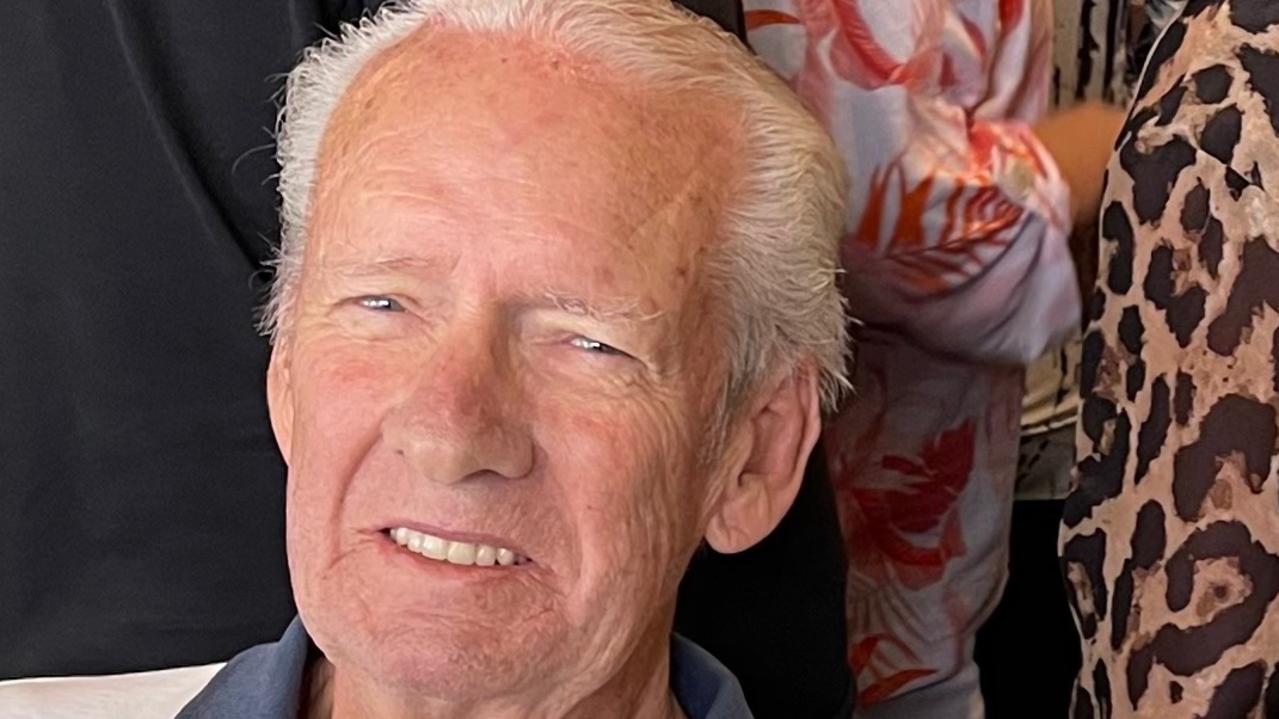Trent Riley’s family want his legacy to live on in water safety devices
The family of Trent Riley, who disappeared while fishing in Moreton Bay, want his legacy to be improved safety for all boaties.
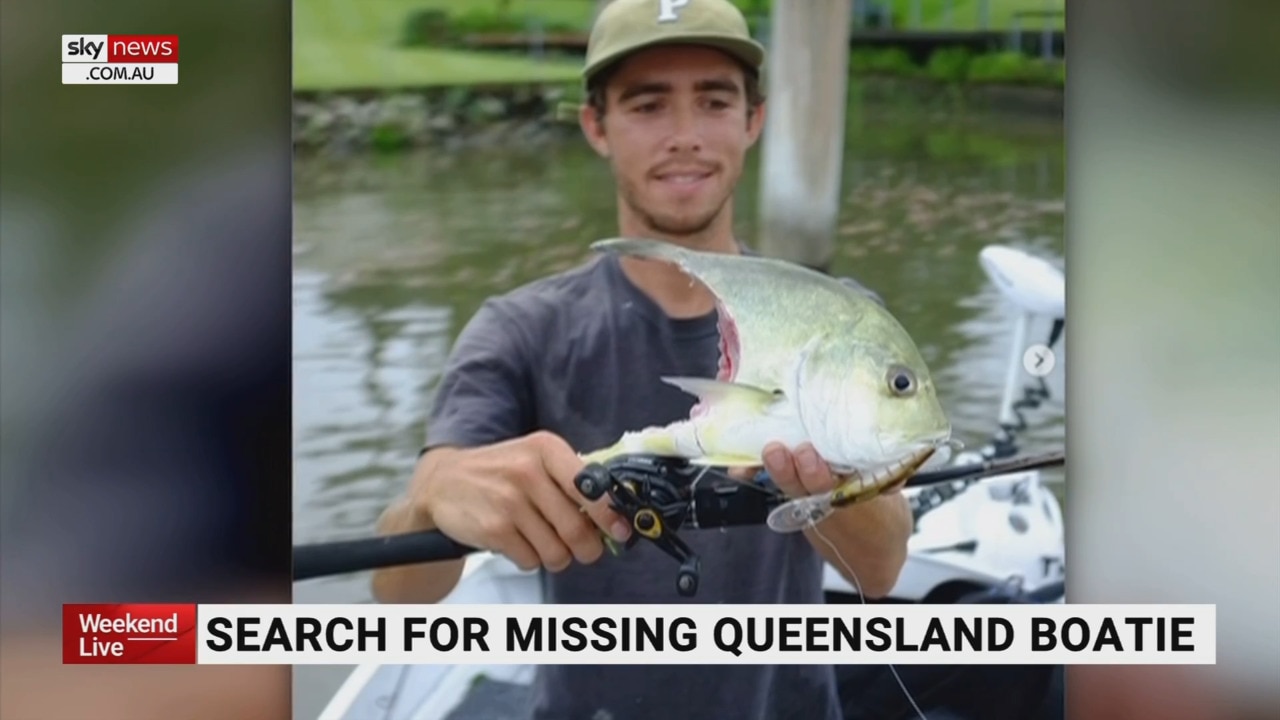
QLD News
Don't miss out on the headlines from QLD News. Followed categories will be added to My News.
The family of missing fisherman Trent Riley wants to develop a GPS wristband and an inflatable fishing shirt to help keep boaties safe at sea.
The heartbroken Queensland family is looking at creating safety devices for fishermen, sailors and hikers as a way of keeping Trent’s legacy alive.
Hundreds of people turned out to help search for the internationally recognised 26-year-old skateboard champion when his unmanned dinghy was found adrift in Moreton Bay in April.
The Riley family, along with a huge contingent of volunteers from the fishing and skating community, searched the bay for nine days alongside emergency services personnel before making the heartbreaking decision to give up.
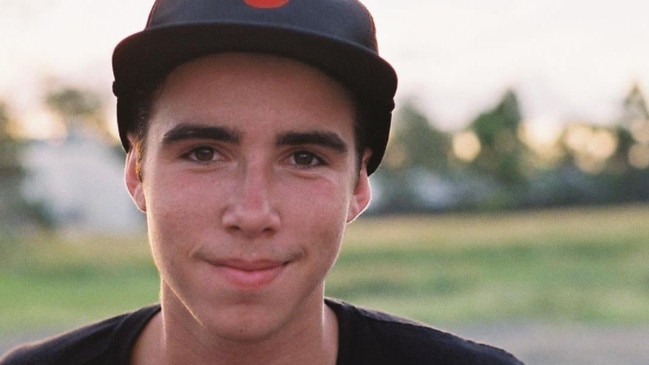
“It was definitely the hardest decision I’ve ever had to make in my life,” Trent’s brother Shannon said.
“It was my parents’ decision and they were fully right. We’d covered the whole of Moreton Bay. We’d covered everything. We just had to keep going as long as there was the tiniest chance.
“But everyone was just getting so fatigued.”
Shannon and his father were back searching Moreton Bay in late May when surf ski paddler Jordan Kelly went missing.
Shannon said Trent’s siblings were looking at creating safety devices to help keep others safe as a way of keeping his memory alive.
“We are looking at a kind of watch targeted at sailors or hikers,” he said.
“It will have maybe GPS and you can have a network of friends and family who can log in and see exactly where you are.
“And maybe a distress button or something like that.”
He said they also wanted to create a fishing shirt with a “floatable aspect” that people might be more inclined to wear than a lifejacket.
“At this stage we are just going to be sourcing experts basically.”
Shannon said his brother was an amazing person who had touched many lives.
“He was basically zero ego and maximum humbleness,” he said.
“He was a silent leader. He didn’t like to be the centre of attention. He just really cared about everyone. He was pure compassion.”
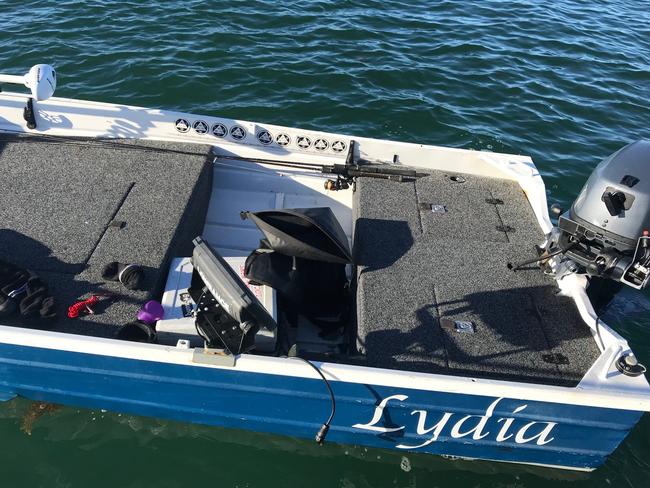
A moment’s preparation can avert tragedy
Three lives have been lost in a little over two months in southeast Queensland waters, as
police urge boaties to spend a few extra minutes preparing for a potentially life-saving moment.
The horror two months began when 26-year-old Trent Riley fell overboard while fishing in Moreton Bay in mid-April, while five weeks later, Jordan Kelly, also 26, would disappear without a trace when he and his mate – both competitive surf skiers – went out for a mid-morning paddle at North Stradbroke Island.
And last Sunday, the body of Meen Meen Chiu, 48, was recovered from underneath a capsized dinghy between Moreton and Mud islands.
She had the day earlier set out on a weekend fishing trip with her husband Philip Chiu when the couple encountered rough seas.
According to Brisbane Water Police Senior Sergeant Mitch Gray, Ms Meen’s husband had tried desperately to deploy an EPIRB, however hadn’t thought to access the life jackets from the capsized boat.
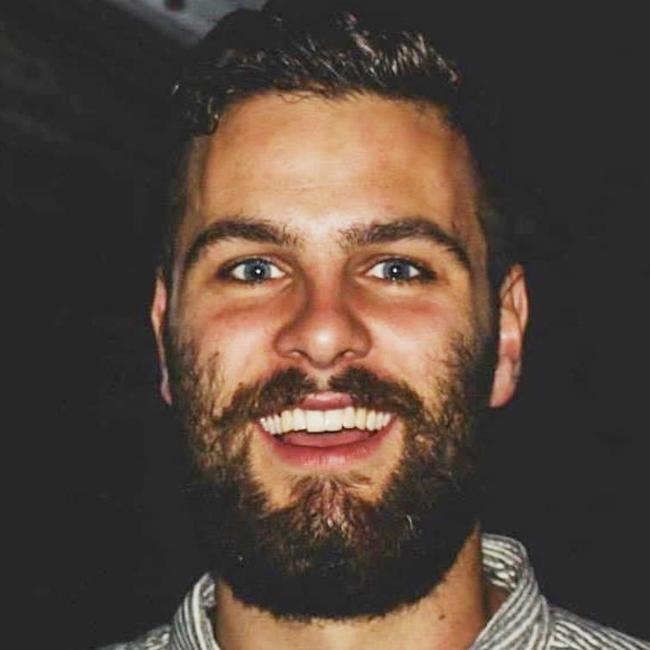
“In that moment of fear and in that circumstance, he said he just never considered to get the life jacket, and that’s a decision he now regrets immensely, but the human brain just reacts differently in those tense situations,” Sen Sgt Gray said.
Legally, adults don’t need to wear a life jacket when on a vessel unless crossing a coastal bar, however it is compulsory for boats to have the life-saving flotation device stored on board.
Sen Sgt Gray stressed the importance of having a fully charged phone, checking the day’s weather forecast, and alerting family, friends and marine authorities of a return time when taking to the water.
More crucially, however, he urged all boaties to learn and teach passengers how to use an EPIRB, flotation device and flares - which should all be stored in an easy to access and known location on board.
“It’s about having that mentality of ‘something could go wrong here, and if it does go bad, how long can I survive?’ ” Sen Sgt Gray said.
“When you jump in the car every day to go to work, you don’t expect to be involved in a car accident, but when it happens, it’s generally very quick.

“The same mindset goes for the water, but if it goes wrong on a boat, you may be in a very bad situation – bad weather, in the dark, or help could be hours away.
“Whereas in the car if you need help, it’s usually there within five minutes.”
Although help may take a little longer in the ocean, Sen Sgt Gray said the volunteers at Marine Rescue and the Volunteer Coast Guard saved many boaties from rough seas every year.
“They are the most amazing people, they go out in horrendous conditions when they aren’t getting paid,” Sen Sgt Gray said.
“They spend time away from their family and their work to help us. And what people don’t understand is these types of situations aren’t normal...
“There’s no greater responsibility of putting someone’s life in your hands, there’s no greater responsibility than saving another person’s life.
“And when you don’t get the results, you feel that burden, and when you don’t find that person’s family member, you remember those names for the rest of your life.”




